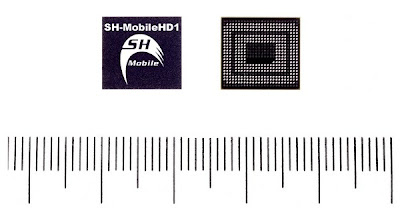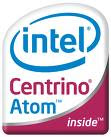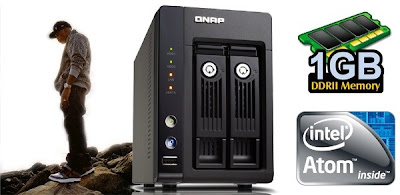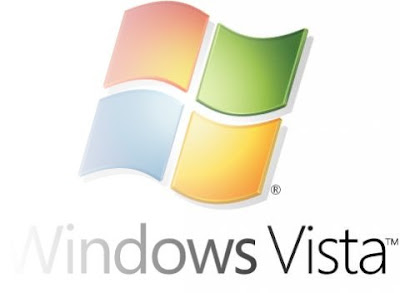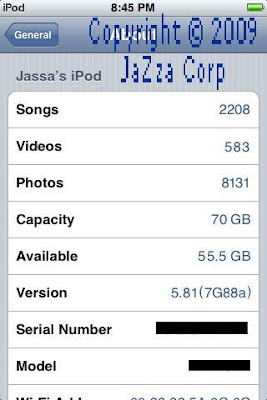
A leaked screenshot recently showed more info about the updated hardware of the upcoming iPod touch 2009/2010. this backs up all the numerous speculations and rumors.
The iPod touch 2009/2010 is expected to be announced quite soon and according to the leaked info should have a 601MHz CPU (currently 501MHz iPhone 401MHz), 255MB RAM (currently 126MB), and 32GB or 70GB internal memory (currently a maximum of 16GB), and yes FM radio. just means some nice fucken gaming time, with the bluetooth and things comming in.
Unfortunately, the rumors don't suggest any changes regarding the screen, battery or design.
this is a from a trusted source that leaked from Apples information
and yes i have copyrighted this, you may have this on your website aslong as the "copyright" stays on the photo
